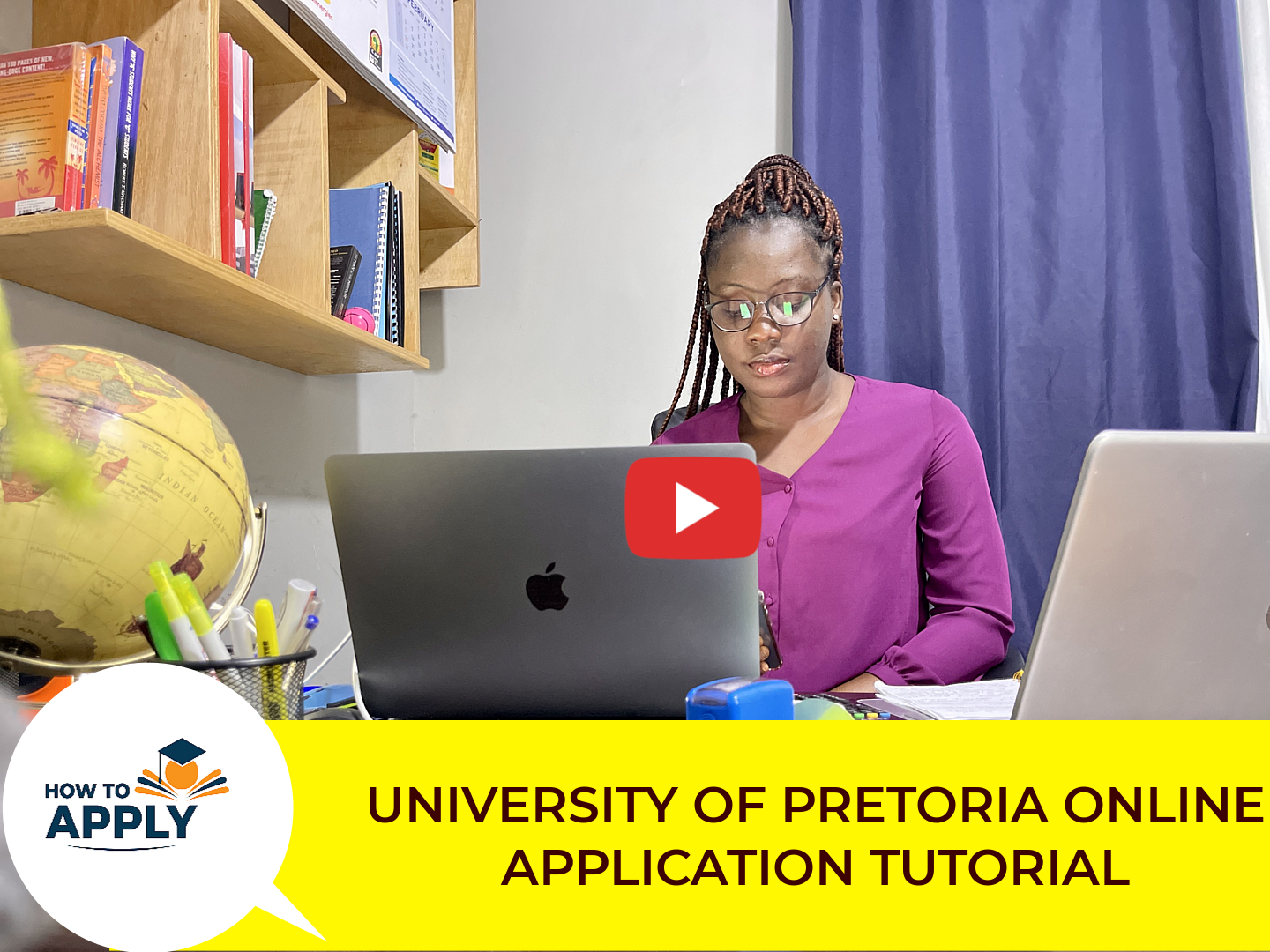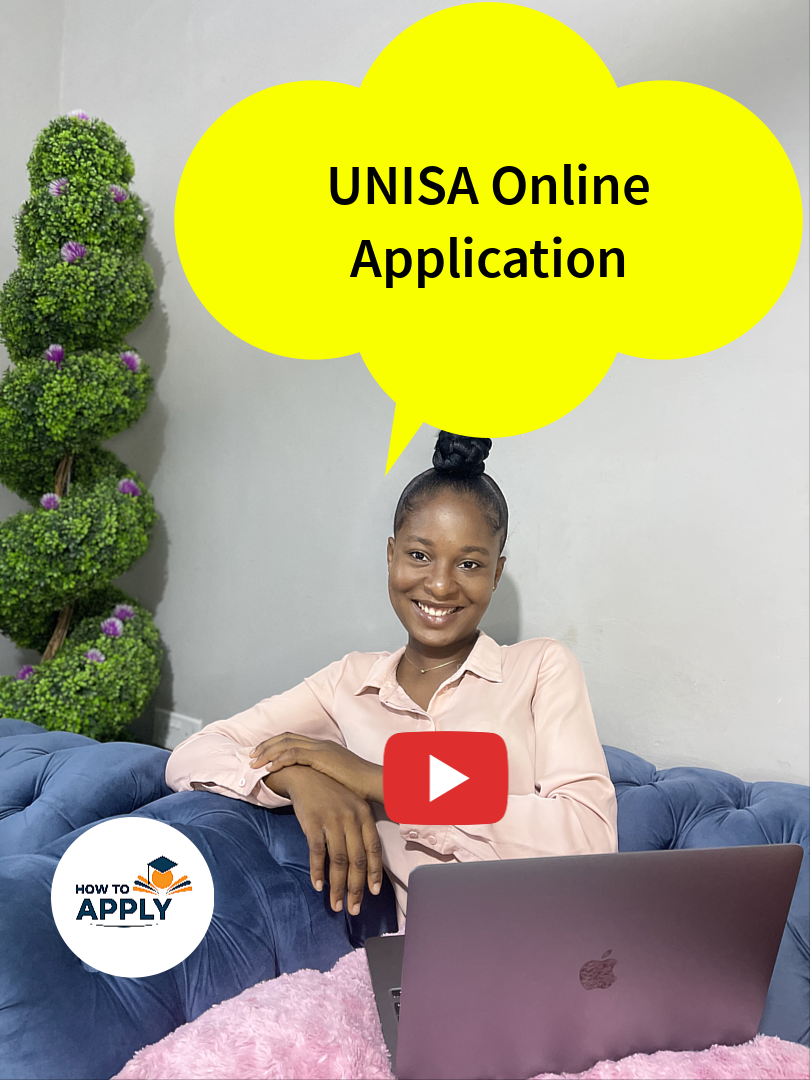Strathmore University Library
Strathmore University Library – Details:
Mission and vision at the Strathmore University Library
Our Vision: To become a globally acknowledged gateway to scholarly information, renown for breaking knowledge boundaries.
Our Mission: To provide a dynamic learning environment and quality, user-centred information services that enhance teaching, research and scholarship while inculcating life-long learning skills and fostering human development.
Our Objectives.
- Selecting and acquiring up-to-date information resources in all formats that are relevant to the Information needs of the University.
- Organising the collection using internationally accepted standards to allow for easy retrieval.
- Adopting information dissemination strategies- current awareness services and selective dissemination of information to ensure optimum utilization of available resources.
- Establishing, promoting and maintaining a wide range of services that will support the academic programmes of the university and encourage optimum exploitation of the resources of the library.
- Building the information literacy skills of our users continuously by conducting proper user education through a variety of methods in order to provide guidance to the Library’s collection.
- Recruiting, developing and retaining well qualified, experienced and dedicated professional Library staff who will offer high quality services to Library users.
- Adopting technologies that will make information resources accessible to the university community in an efficient and effective manner.
Library Rules & Regulations
Library rules and regulations should be followed to enable fair access and use of library facilities by all users. Failure to do so will result in the withdrawal of library rights, suspension of
library rights, or suspension from the university.
1. Students will be issued with a library card at the admissions office. If the card is lost, PLEASE REPORT IMMEDIATELY. A replacement will be issued at a fee.
2. Library items should not be taken out without proper authorization. Theft or attempted theft of library items, equipment, furniture or furnishings is proscribed.
3. All communication gadgets including cell phones, pagers, radios, beepers etc should be put on silent mode before entering the library. No call should be made or received in the library.
4. All bags, briefcases, overcoats etc should be left at the baggage store at the library entrance.
5. The library is a place for silent, private study. Consultations, discussions, group study etc should not be held in the library. The university provides many other areas on campus for this.
6. Smoking and sleeping are not allowed in the library.
7. Foods and drinks should not be taken to the library.
8. Books shall not bemarked in any way e.g. by underlining, writing, ticking etc.
9. Respect the borrowing guidelines for various categories of books.
10. Reference and special collection items should not be taken out of the library.
11. Defacing, mutilating or damaging library items, facilities, equipment, furniture or furnishing or willfully altering or destroying identification marks relating to ownership or location of library items, equipment, furniture or furnishings is not allowed.
12. Users shall not obtain or use a library card under false pretences.
13. Use or possession of items from other libraries that are either overdue or have evidence of having been removed without proper authorization will be confiscated.
NOTE:
Users are encouraged to be vigilant and to report other library users who are breaking library rules to any library staff member.
Report any items in short supply such as books to the staff at the issue desk.
Communication to users is through email, notice boards, continuous user education and point of service areas.
Library Services
1. Lending Service
Our Library allows its users to borrow information resources for a specific duration dictated by the user group. Lending facilitates equitable circulation of information resources among all users.
Books from open shelve and reserve are loaned out from the central Issue Desk. Audio Visuals are loaned out from the respective
department.
Lending Regulations and Penalties
- Only registered students and SU staff are entitled to borrow materials.
- All library users MUST produce their student identification card before borrowing any information material.
- Lost or mutilated information materials on loan will be replaced at the market cost of the information materials plus Kshs. 500 /= processing charges.
- Information materials borrowed on regular loan and not returned on the due date will be charged Kshs. 5 /= per day per item.
- Information materials borrowed from the short loan and not returned on the due date and time will be charged Kshs. 1 /= per minute per item, Reserved books overdue, Kshs. 5/- per hour after 9AM.
- Users who inconvenience others in any way while in the library will be punished-see penalties on the library notice boards.
2. Recall old Materials on Loan
The Librarian may recall any information material on loan from a user by notice which shall specify return of the same. If a user does not return the item as specified, he shall incur a fine of Kshs. 5 per book per day.
3. Renewals
All information materials borrowed from the library may be renewed for a further period which is dependent on the user category provided they have not been reserved by another user. Users are encouraged to do this on their own using the OPAC or anywhere as long as they are connected to the internet.
If however the loan period has already expired, then renewal cannot be effected and will be possible ONLY on personal application by the borrower, provided that any fine incurred is paid. An item can also not be renewed if another borrower has placed a hold (reserve) on it.
4. Reservations
i) If required information material has been borrowed by another user, users may reserve information materials via the OPAC or anywhere even outside campus as long as they can access the library catalogue.
ii) Users should note the due date of the material and check in the library on that date. Reserved information materials must be collected within 24 hours of the notice. *Provide an email address in your personal details for the notices to be sent.
5. Inter-Library Loan Services
Strathmore library participates in all the resource sharing initiatives that include library cooperation. These initiatives enable library users to access and use other libraries.
6. Reprographic Services
Scanning, printing and photocopy services are offered at the following rates:
- Printing Kshs. 2 /=
- Photocopy Kshs. 2 /=
- Scanning Free
However, Strathmore University Library may not be held liable for any infringement and / or breach of Copyright Laws and Regulations perpetrated by the borrower of such materials. Publications borrowed remain the property of the Strathmore University at all times.
5. Electronic Services
The library subscribes to e-books and e-journals which can be accessed oncampus and off-campus.
These can also be accessed from the library if a user has a laptop through wireless connection.
A link to electronic resources subscribed to can be accessed from the online catalogue by clicking the electronic resources link.
Collection
The Library has a collection of approximately 100,000 volumes, which includes books, journals, audio visuals and other non-print information materials. It is the policy of the Library to acquire 5 copies of each printed title relevant to the University’s academic or research objectives. The collection is divided as follows:
General collection materials: This collection comprises of mainly text books and other books. They are located on the open shelves section of the Library and may be borrowed for use outside the Library premises for a duration determined by user category.
Audio Visual / Special collection: This collection includes text books, periodical articles, Strathmore University’s past examination papers, press cuttings, newspapers and audio visual materials e.g.. Cassettes, CDs, video tapes, audio tapes. Most of these materials are meant for use within the library a part from audio visuals which may be loaned out.
Reference collection: Reference materials are for use in the library ONLY. This collection is used to answer quick reference questions and comprises of dictionaries, encyclopedias, who’s who, year books, almanacs, gazetteers, encyclopedias etc.
Reserved (short-loan) collection: This section comprises of books selected by lecturers in consultation with the library staff. These books are considered to be in great demand and too few to satisfy the heavy demand of users. They may however also be borrowed in the evening i.e… For overnight use and returned by am following morning.
Thesis, dissertations, projects and past examination papers have been digitized hence users can now access them online on-line. Click here to access CPA revision kits.
Organizations of library collection: Information materials in the library are arranged using the Library of Congress classification scheme (LC). Classification refers to grouping of library materials in a systematic order for the benefit of those who use the materials and also those who manage the materials. The main essence of classification is to bring together information sources of related subjects.
Sections in the Library
Information/Circulation Services
The Information services section has the following functions.
1. Charging and discharging of information resources
2. Ensuring effective utilization of the library’s collection through continuous user education / instruction on all aspects of the library / collection.
3. Ensuring the library collection is well organized for fast retrieval of materials
4. Offering access to and ensuring utilization of both the audio-Visual and special collections of the library
Technical Services Section
The Technical services section is charged with the responsibility of:
1. Purchasing library resources in liaison with faculty members and library users.
2. Quick processing through cataloguing and classification, all library materials for easier retrieval.
3. Ensuring users have access to information by ensuring all the library’s collection is reflected in the Online Public Access Catalogues (OPACS) and editing the data.
|
|||||||||||||
See Also:
1History Of Strathmore University
2About Strathmore University
3Strathmore University Logo
4Strathmore University Contact | Address | Location
5Strathmore University Library
6Strathmore University Courses | Programmes
7Strathmore University Faculties & Schools
8Strathmore University Job Vacancies
9Strathmore University Hostels
10Strathmore University Academic Calendar
11Strathmore University Mzima Sacco
12Strathmore University AMS.
13Strathmore University E-Learning System
14Strathmore University Admision Requirements
15Strathmore University KUCCPS Admision Letter
16Strathmore University KUCCPS Admission List
17Strathmore University Fees Structure
18Strathmore University Admissions
19Strathmore University Intake
21Strathmore University Application Form
22Strathmore University Online Application
List Of Public Universities
University of Nairobi
Moi University
Kenyatta University
Egerton University
Maseno University
Multimedia University of Kenya
Meru University of Science and Technology
Muranga University of Technology
Jomo Kenyatta University of Agriculture and Technology
Technical University Of Mombasa TUM Karibu
Masinde Muliro University of Science and Technology
Dedan Kimathi University of Technology
Chuka University
Laikipia University
Machakos University
Kirinyaga University
Karatina University
South Eastern Kenya University
University of Kabianga
University Of Eldoret
Quick links:
List Of Private universities
United States International University Africa (USIU – Africa)
Mount Kenya University (MKU)
Uzima University College
Catholic University of Eastern Africa (CUEA)
University of Eastern Africa Baraton (UEAB)
Daystar University
Africa Nazarene University
Scott Christian University
Kabarak University
KAG East University
Strathmore University
Zetech University
Kiriri Women’s University of Science and Technology
Pan Africa Christian University
Kenya Methodist University
Adventist University of Africa
Gretsa University
Great Lakes University of Kisumu
Presbyterian University of East Africa
St. Paul’s University
KCA University
Africa International University
Riara University
Management University of Africa
Amref International University (AMIU)
KUCCPS Student Portal : KUCCPS Application Portal
List Of Technical and Vocational Education and Training Institutions
Africa Digital Media Institute
AirSwiss International College
Amboseli Institute of Hospitality and Technology
Kenya Institute of Highways and Building Technology (KIHBT)- Nairobi
Adept College of Professional Studies – Nakuru
African Institute of Research and Development Studies, Bandari College
Baraton Teachers’ Training College – Nandi Central Kapsabet
Cascade Institute of Hospitality – Thika
Eldoret Polytechnic – Eldoret
Emma Daniel Arts Training Institute (EDATI)
Gusii Institute of Technology
Kisii National Polytechnic
Harvard Institute of Development Studies
ICT Fire and Rescue – Thika
International Centre of Technology (ICT-Thika)
Intraglobal Training Institute
Jaffery Institute of Professional Studies
Kabete National Polytechnic
Kagumo Teachers Training College
Kaiboi Technical Training Institute

